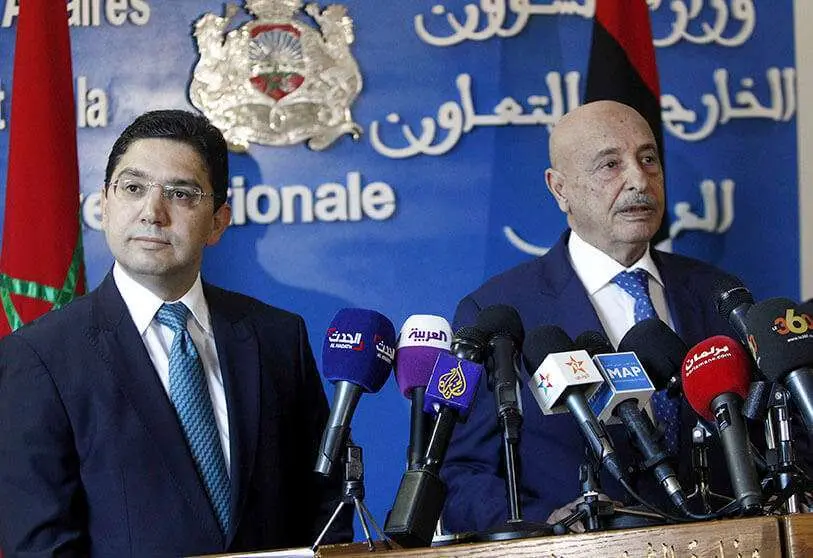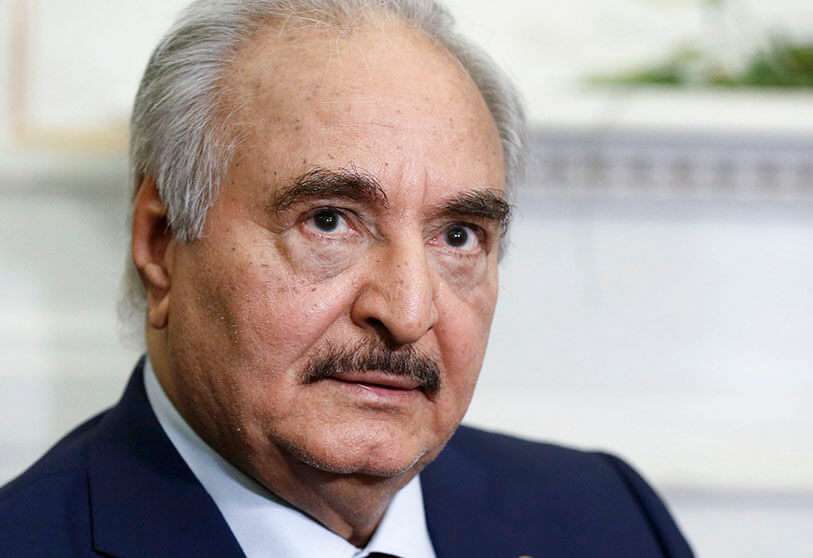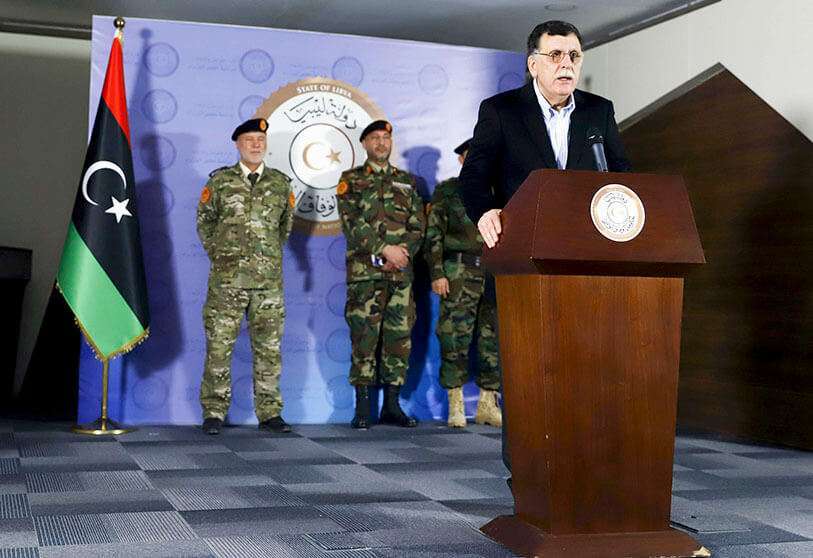El Parlamento de Libia termina las conversaciones en Marruecos con acuerdos en siete puntos

The Libyan House of Representatives concluded the dialogues held in the city of Tangiers, in the north of Morocco, with an agreement on seven issues, including the decision to make the city of Benghazi the seat of the parliamentary institution and to hold sessions in the enclave of Ghadames.
Morocco hosted the consultative meeting of members of the Libyan House of Representatives from 23 to 28 November, and members agreed on this item on making Benghazi the seat of the Council. In addition, it was agreed to hold a meeting in the city of Ghadames, immediately after returning from Moroccan territory. According to the official communiqué of the consultative meeting, this session will be devoted to supporting anything that will put an end to the division within the House of Representatives with a view to achieving the objectives set for putting an end to the Libyan confrontation.
It was agreed to move towards the end of the civil war which has been raging in Libya since 2014 and to put an end to the existing division in the institutions with the aim of preserving the unity and entity of the State and its sovereignty.
The need to be fully prepared to positively address all the outcomes of the dialogue tracks in accordance with the Constitutional Declaration and its amendments and the Libyan Political Agreement was outlined. A positive assessment was made of what had been achieved through the 5+5 Committee, which deals with military issues arising from the conflict in the North African country.
Among the points agreed is also the commitment to hold presidential and parliamentary elections in accordance with a constitutional framework and to end the transitional phase, provided that it does not exceed one year from the date of the meeting of the House of Representatives.
The deputies stressed the need to respect the Constitutional Declaration, and the importance of adhering to what is expressed in paragraphs 25-28 of the executive formula of Security Council Resolution No. CSR / 2510 on the role of the House of Representatives, and not creating a parallel body that contributes to confusing the scene, as also reported by the Al-Ain News.
The protagonists of the meeting in Morocco stressed the need to reject hateful discourse and call on all the media to defend the discourse of reconciliation and tolerance, favouring national reconciliation and the safe return of displaced persons.
The Alaouite kingdom is doing a great deal of mediation work in the negotiations to put an end to the Libyan war; the Moroccan minister of foreign affairs and cooperation, Nasser Bourita, expressed his satisfaction with the results of the meeting and stressed that the international community expects the Libyan parliament to fully perform the functions assigned to it.

In a speech shortly before the reading of the final declaration, Mr Bourita said that the Kingdom of Morocco was pleased to accompany this meeting, which he described as "historic", and expressed the hope that the meeting would be a starting point for a Libyan Parliament that would fully carry out its functions. He added that the current stage in Libya needs a unified chamber to carry out its legislative and representative work, putting an end to internal national divisions.
It seems that steps are still being taken to resolve the conflict in the North African country, which is marked by a civil war that has been confronting the National Accord Government of Prime Minister Fayez Sarraj, recognised by the United Nations since 2016 and sustained by the military support of Turkey (including mercenaries from Syria linked to groups that were once linked to terrorist organisations such as Daesh or al-Qaeda) and financial support of Qatar, and the Libyan National Army of Marshal Khalifa Haftar, associated with the other eastern Tobruk Executive and supported by Saudi Arabia, the United Arab Emirates, Egypt, France and Russia. All this took place in a confrontation that had already become a game of crossed interests between foreign nations interested in Libya's geopolitical situation in the Mediterranean basin and its energy resources.

The intervention of Recep Tayyip Erdogan's Turkey (in the interests of positioning itself in the Mediterranean and obtaining hydrocarbon resources) changed the course of the civil war, which was in a phase of siege of the Sarraj government's bastion in the capital of Tripoli and led to a counteroffensive that led the militias of the Tripolitan government to reconquer various territories, even threatening important enclaves such as Sirte and Jufra. Important summits were held at this point in the confrontation, paving the way for a possible peace agreement. Thus, Bouznika (Morocco) and Hurgada (Egypt) were the scene of negotiations and progress in dialogue and contacts in order to reach different agreements on the political and institutional future of the country.
Another important event was the Geneva conclave at the end of October, when the 5+5 Military Commission for Libya led representatives of the government of National Accord and the Libyan National Army to sign a permanent ceasefire which has stabilised the situation in the North African country pending further political and diplomatic progress.








